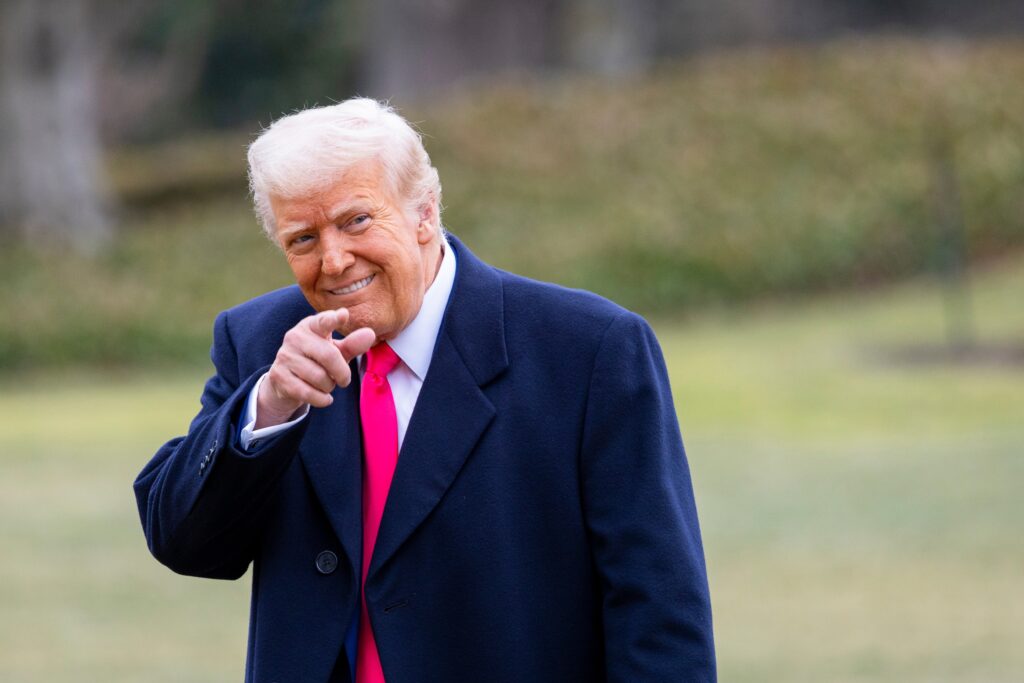Donald Trump has appealed to the US Supreme Court to defend his trade tariffs. He wants the justices to reverse a ruling that declared his wide-ranging duties unlawful.
Dispute over presidential power
The administration filed its petition on Wednesday night. It calls for a swift decision on whether a president can impose tariffs without congressional approval. Last week, the Federal Circuit Court of Appeals ruled 7-4 against Trump. Judges stated that only Congress has the power to set import duties.
Massive sums at stake
The case could derail Trump’s economic and foreign policy agenda. It may also force Washington to refund billions collected from tariffs. Trump invoked the International Emergency Economic Powers Act to justify his measures. The law authorizes presidential action against “unusual and extraordinary” threats. In April, he declared an economic emergency, arguing trade imbalances hurt US manufacturing and endangered national security.
Ruling suspended during appeal
Although the appeals court rejected Trump’s position, it suspended enforcement to allow time for appeal. “The stakes in this case could not be higher,” Solicitor General John Sauer wrote in Wednesday’s filing. He said the ruling disrupted sensitive trade talks and fueled legal uncertainty. He warned it weakened the president’s ability to prevent an economic and foreign policy crisis.
Small businesses driving lawsuits
Small firms that launched the lawsuits say the tariffs put their survival at risk. Their lawyers voiced optimism. “These unlawful duties are damaging small businesses,” said Jeffrey Schwab of the Liberty Justice Center. “We hope for a quick resolution for our clients.” If the Supreme Court refuses review, the ruling will take effect on October 14.
Earlier legal setbacks
In May, the Court of International Trade in New York also struck down the tariffs. That ruling was paused during appeals. The cases were filed by small firms and a coalition of states. In April, Trump signed executive orders imposing a 10 percent base tariff and “reciprocal” tariffs on more than 90 countries.
Global impact
The appeals court also blocked tariffs on Canada, Mexico, and China. Trump insisted they were needed to combat drug imports. Other duties, including those on steel and aluminum, remain in force. They rest on a different presidential authority.


